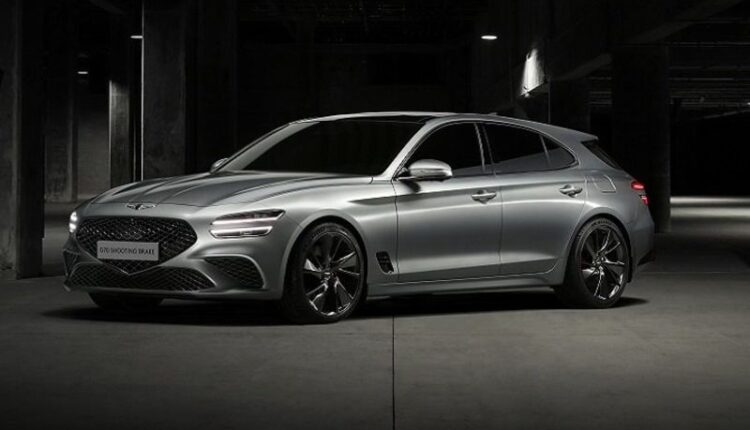Ian Callum, former head of design at Jaguar, in 2016 cited the shrinking wagon market globally for the lack of an XE wagon (the brand did replace the larger XF wagon).
The one market that still desired wagons was also the toughest to crack. “The biggest wagon market in the whole world is Germany,” Callum noted. “And what do Germans buy? They buy German cars.”
That is still the case. Sales of premium wagons tallied 39,675 in the first quarter across Germany, compared with 14,923 in Sweden, the second-biggest market, according to data from JATO Dynamics.
Tough task
“Genesis is going directly against Audi, Mercedes and BMW, and this is for sure not an easy task,” Felipe Munoz, global analyst for JATO Dynamics, told Automotive News Europe. “Consumers in this segment hardly ever change brand, and in case they do, they usually chose another German marque.”
Genesis arrives in Europe soon after Jaguar Land Rover said it was no longer pitching the Jaguar brand against the German premium brands and instead moving it upmarket and all-electric.
One reason JLR is changing Jaguar’s strategy is because the XE and XF sedans failed to make a dent in sales of their German rivals.
Infiniti, Nissan’s premium brand, ended sales in Europe in 2019, citing regulatory and brand challenges. “Western Europe remains the most challenging and competitive region for premium cars,” Infiniti’s chief spokesman, Trevor Hale, said at the time.
The cars offered by Jaguar and Infiniti were largely praised by critics and while Genesis is likely to match up well on the engineering front, it still remains a fledgling challenger brand.
The brand power of German competition remains formidable.
“Genesis has the right products and a very competitive offer, but lacks brand awareness and heritage,” said Munoz. “I don’t see big sales for them.”


